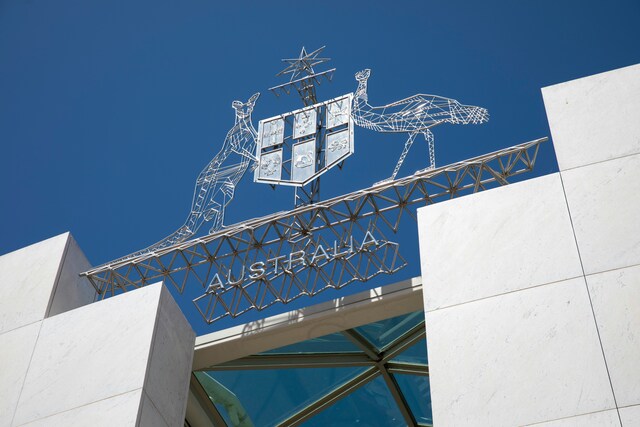
By Lucy Waldron
Mental health was a prominent feature in this year’s federal budget, but health professionals have raised concerns about whether the allocated funds will be sufficient to address the sector’s needs.
Strengthening Medicare and the care economy was a key priority outlined by Treasurer Jim Chalmers, who announced a $361 million investment to bolster the mental health system.
This investment includes new funding for a national digital mental health service, aimed at providing free support to 150,000 Australians annually.
Georgie Harman, CEO of Beyond Blue, welcomed the government’s focus on earlier intervention, noting that it would increase access to mental health support and reduce system pressure. While praising the new investment in a free digital early intervention service as a significant step toward structural reform, Ms Harman stressed that more work is needed to build a comprehensive mental health system.
“Right now, many people are feeling pressure in their daily lives, whether from high costs of living, loneliness, relationship issues or workplace stress,” Ms Harman said.
“The evidence is clear that if we can address these issues as soon as they emerge, we can prevent them from snowballing.”
Additionally, Ms Harman welcomed the $10.8 million over two years to extend Beyond Blue’s Small Business Debt Helpline and NewAccess for Small Business Owners service, supporting struggling small business owners.
“Beyond Blue has been developing models and advocating for evidence-based earlier intervention services for more than a decade because, as various mental health inquiries have found, these options have the potential to support millions of Australians as part of a redesigned mental health system,” Ms Harman said.
Ms Harman acknowledged the $361 million investment spread across various mental health needs but stressed that it falls short of the transformative funding required. She called for careful, collaborative planning and execution of mental health system redesign, emphasising the need for bipartisan support.
However, psychiatrists are disappointed that the budget does not adequately address the critical shortage and uneven distribution of mental health workers, particularly in rural, regional, and remote Australia.
Dr Elizabeth Moore, President of the Royal Australian and New Zealand College of Psychiatrists, highlighted that suicide, self-harm, and emergency admissions for mental illness increase with remoteness.
“This critical and chronic shortage disproportionately affects Aboriginal and Torres Strait Islander communities, and those living in rural, regional, and remote areas,” Ms Moore said.
While the budget includes $29.7 million over three years for 61 Medicare Mental Health Centres, with at least 30 in rural and regional Australia, psychiatrists are concerned these initiatives will falter without sufficient workforce availability.
Dr Moore pointed out that only 14 per cent of Australian psychiatrists serve rural areas, where 29 per cent of the population lives, leading to significant disparities in access to mental health care.
“[The] budget is a missed opportunity to invest in substantially growing the mental health workforce in country Australia and placing them in areas of the greatest need,” Ms Moore said.
Overall, the federal budget outlines an $888.1 million investment over eight years from 2024–25, and $139.8 million annually ongoing, to enhance Australia’s mental health and suicide prevention system.
Key allocations include:
$588.5 million for a national low-intensity digital mental health service, free of charge and referral.
$71.7 million for multidisciplinary mental health services in primary care for severe/complex cases.
$35.9 million to extend mental health measures and provide funding certainty for providers.
$29.9 million to expand Head to Health services for adults with moderate to severe mental health needs.
$29.7 million to improve child and youth mental health services and workforce capabilities.
$12.8 million to extend the Indigenous Youth Connection to Culture program in 12 communities.
$10.0 million for targeted mental health support for First Nations Australians.
$7.1 million to establish a national professional association for the peer mental health workforce.






